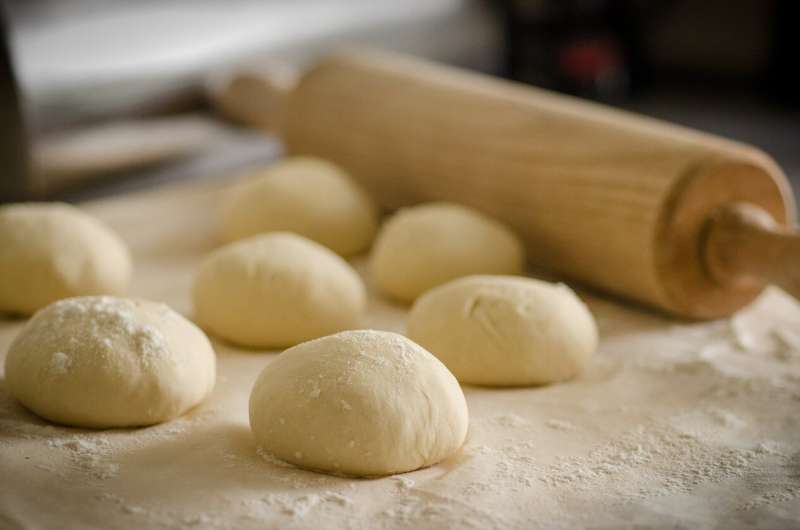Baking greener bread after COVID

In the wake of the COVID-19 pandemic, we must not squander the clean energy gains that were made through reduced human activity and economic downturn during the periods of lockdown and beyond. That is the message from recent research published in the International Journal of Global Warming.
Fatemeh Nadi of the Department of Agricultural Machinery Mechanics at the Islamic Azad University, in Azadshahr, Iran, and Mustafa Özilgen of the Department of Food Engineering at Yeditepe University, in Istanbul, Turkey, explain how during the ongoing pandemic, prices across the energy sector were pushed down by reduced demand.
As such, there may well have been a shortfall in investment into renewable energy projects in the short term during the current period and after the pandemic, they add. That said, at the time of writing this Research Highlight, there is already growing signs that point to price hikes across the energy sector as nations relieve restrictions and endeavor to unlock their economies once more.
The team has looked at one particular energy-intensive sector in Iran—bakeries. The Iranian baked goods industry is among the most energy-intensive in that sector across the globe with bread production amounting to an annual 15 million tons.
The team has developed three different scenarios that could lead to a 45% reduction in energy consumption across bakeries, a rate that amounts to well over 100 megajoules per ton of produce per annum. Their approaches involving adopting wind power and biogas use in baking and in the growing of wheat and flour milling before that. They also suggest a potential greening of the sector amounting to a 70% reduction in carbon dioxide emissions. They add that waste products and waste bread might be fed back into the production cycle for bioethanol for making requisite transportation greener too.
To conclude, the team writes how "Sustainability of the baking industry may be improved substantially through implementing three different scenarios: improving the flour production process from farm to factory, replacing fossil fuels with their renewable counterparts, and producing ethanol from the leftover bread." They add that "Such an improvement may be a major attempt toward protecting the clean energy gains of the pre-pandemic era."
More information: Fatemeh Nadi et al, Effects of COVID-19 on energy savings and emission reduction: a case study, International Journal of Global Warming (2021). DOI: 10.1504/IJGW.2021.117432
Provided by Inderscience




















